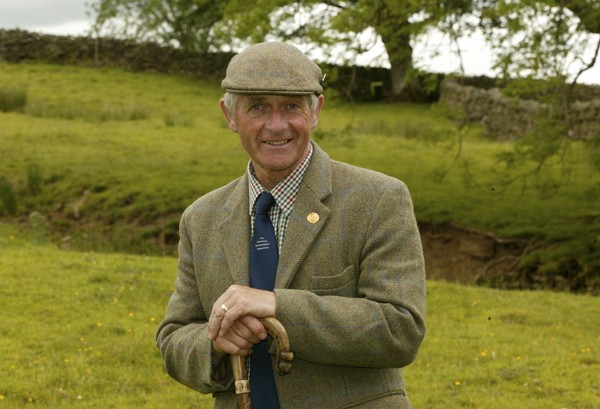Upland Keeper

If you were to ask any gamekeeper what tool he could least do without, I reckon close to the top of his list would be the snare. I am aware I risk incurring the wrath of many lowground keepers when I say this, but the fact is that, for some, carrying out fox control is a matter of doing only as much as they have time for. Many of the smaller nuisance predators are of little importance if you are dealing with thousands of poults, and wild game is an irrelevance, so why waste time trapping the odd stoat or spending day after day checking cages for crows?
Having said that, seeing your main method of control for your biggest predator being placed under the spotlight is rather concerning, to say the least. Many keepers spend a lot of time lamping foxes, but the vast majority will be taken in snares. Set properly, I see little problem with them from a welfare standpoint ? in fact, when the antis wanted to catch foxes to put transmitters on them a number of years ago, they used the snare as their method of capture because they could not catch foxes in live-catch cages. Those animals were then released back into the wild complete with transmitter, with, I presume, little effect on their health.
Snaring report
All of this makes DEFRA?s recent report on the use of snares, which will now be sitting in the environment minister Richard Benyon?s in-tray, all the more important. Even discounting gamebirds, there is no doubt that controlling fox numbers has an impact on many other species in this country, especially the ground-nesters, and perhaps the most important group of those is the wading birds. Yes, crows of all varieties take their toll and, from what I have seen from nest losses, the massive badger population may well be the final straw for some populations, but the fox is still the major threat.
Quite what the minister will make of the report ? which was welcomed by more or less everyone ? remains to be seen, but providing he decides not to alter things too much, gamekeepers can look forward with some confidence that the main method of fox control will still be in their arsenal.
If he does decide to tweak the code then we, the practitioners, will have to make sure that we keep abreast of things and alter our working practices accordingly. It is vital that we professionals work to the highest standards when we are dealing with the management of wildlife, and that includes predators, as well as deer and other species that are often viewed as pests at various times, depending upon your perspective.
I know that this is a drum I bang repeatedly, but it is imperative that we keepers ? full or part-time ? are aware of just what our responsibilities and legal obligations are when it comes to any form of pest control, and foxes are no exception. The long-term existence of all the methods and tools we use in our day-to-day working lives depend upon us using them responsibly. Failure to do that would be potentially disastrous for future generations, and they would not thank us for aiding our own, and their, destruction by our inability to defend what we do.
Anyone who snares has an obligation to ensure they know the law, and I would ask them all to enlist in a training course to ensure they have enough knowledge to enable them to comply with it. If they don?t, then they may not only let themselves down, but many others as well.
A bad year for lapwings
On the home front, the icy blasts of recent weeks, coupled with two really hard ground frosts, have ended our first sitting of lapwings. The weather was just too severe, and any eggs that had not been incubated would have been split apart by the severity of the frost. It can be a harsh lesson for any species that decides to start the breeding season before the due date, but these birds had not ? they were just unlucky, with an untimely winter blast ending many a life, just as it did for quite a number of lambs.
In the North, snow was as much as 6ft deep in places, but thankfully it did not stay too long. By the following day much of the ground was bare, thoughfor me, in the Midlands for the National Gamekeepers? Organisation AGM, news that the blizzard was headed south towards us was rather perturbing. I arose on the morning of the event to a scene reminiscent of home, and dire warnings concerning the state of some of the roads on local television. When the dust ? or rather the slush ? had settled, it caused a number of those who had hoped to attend the AGM to cancel, but compared with losing your life, like those many lapwings in the North, it was a minor inconvenience.








